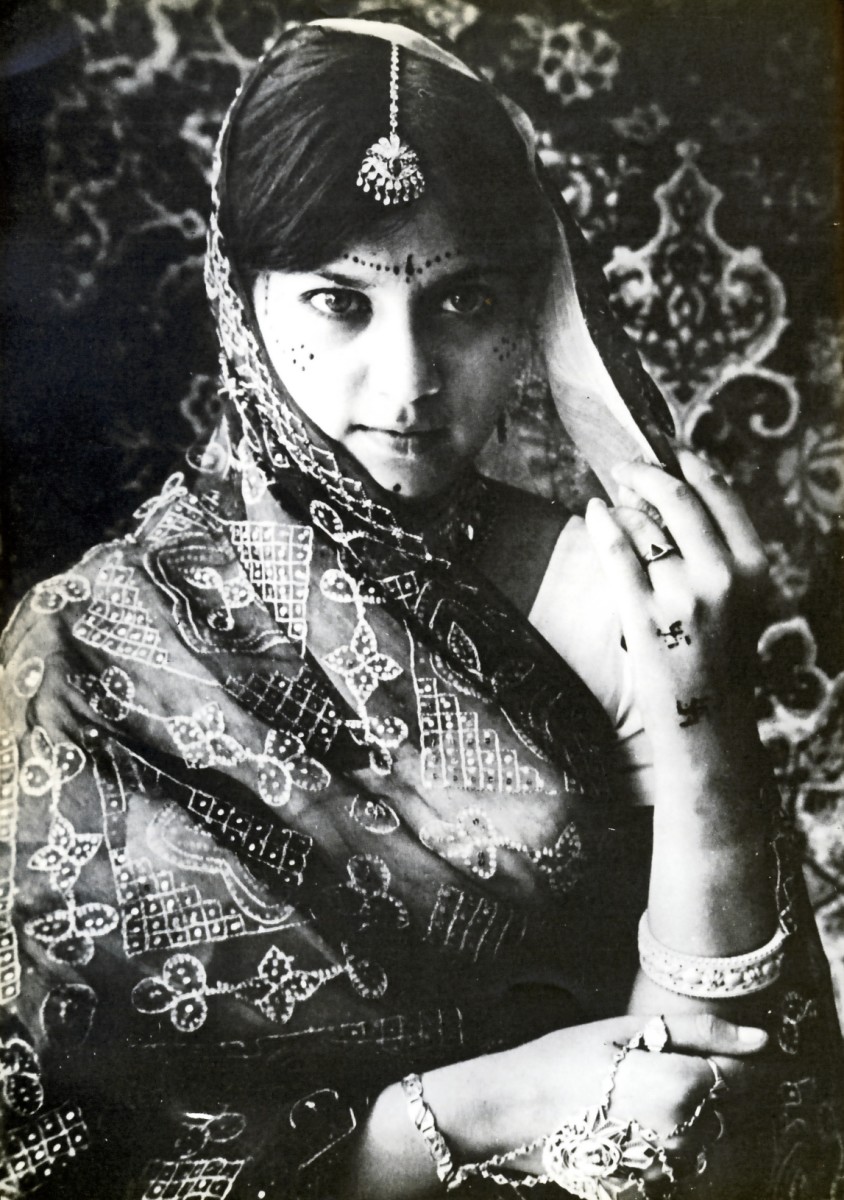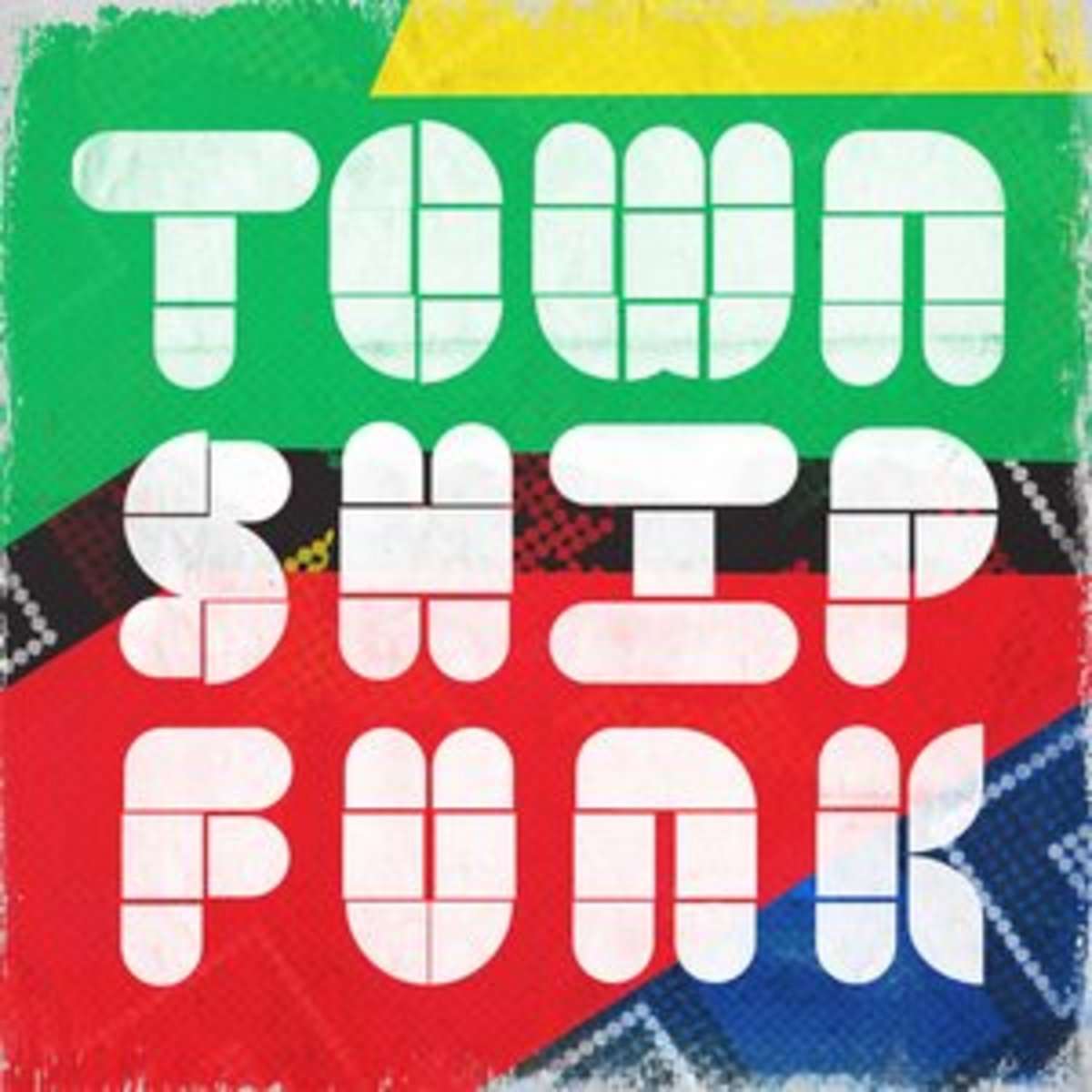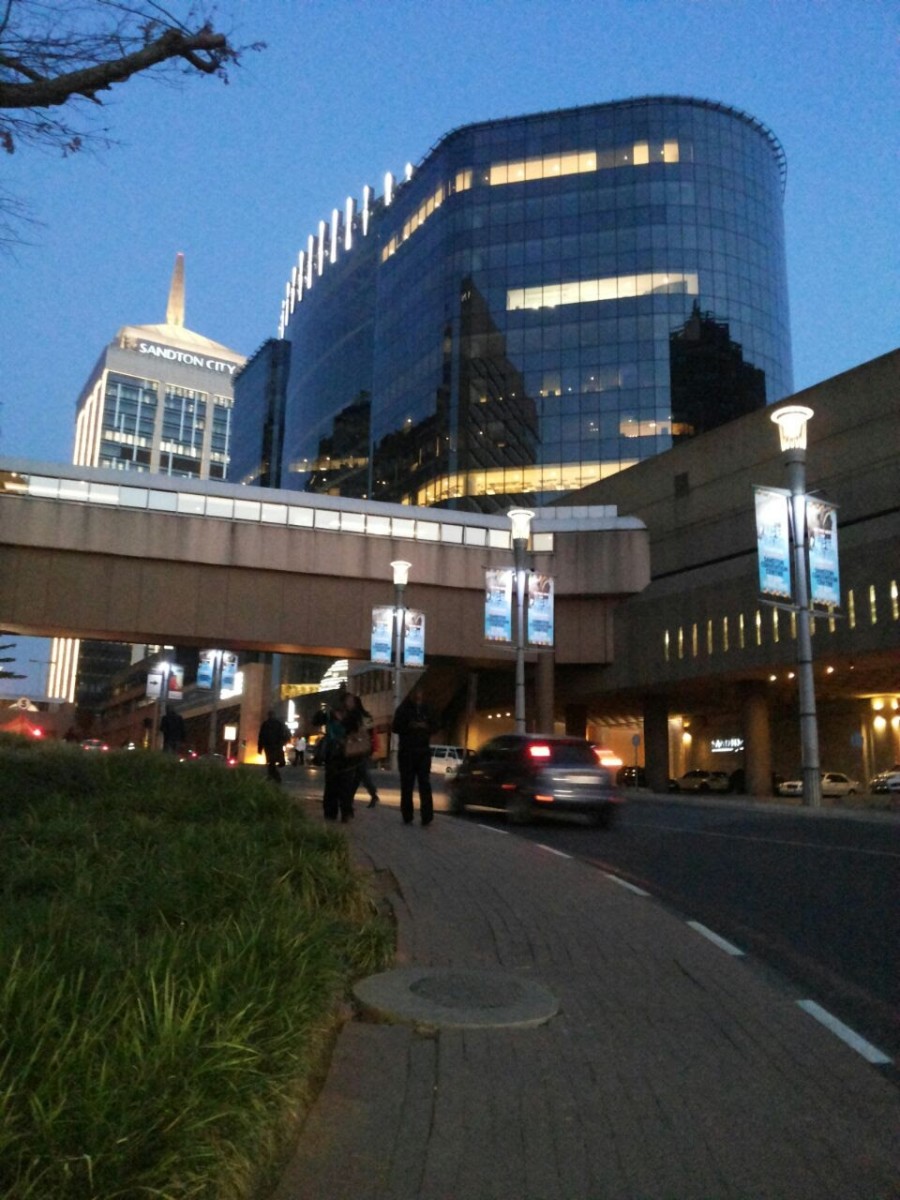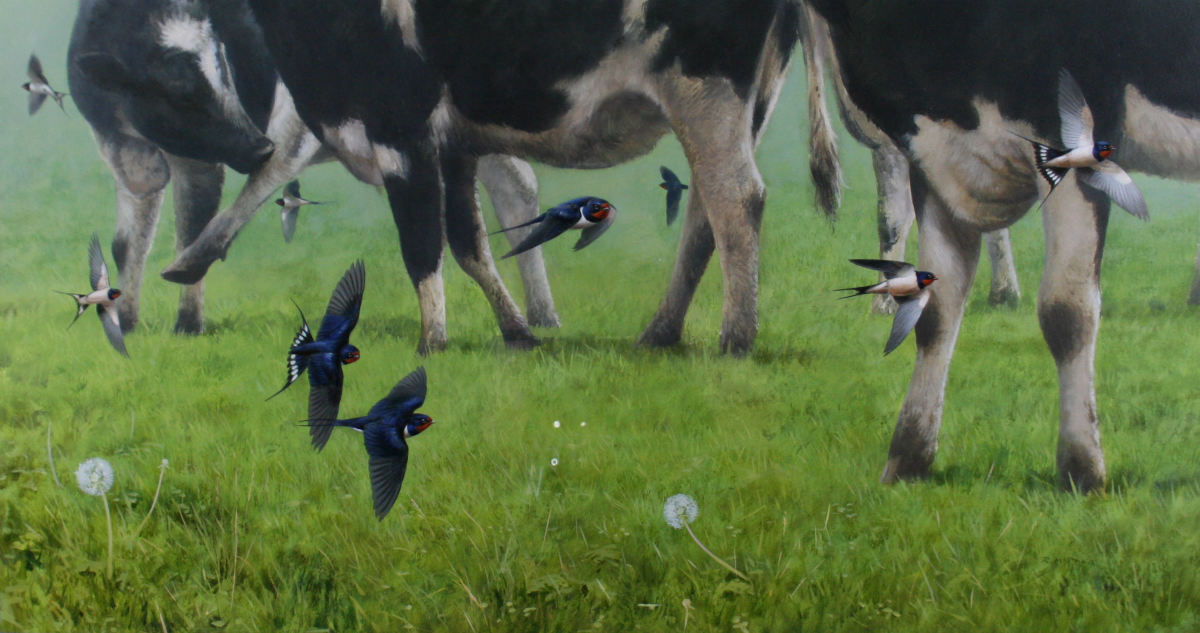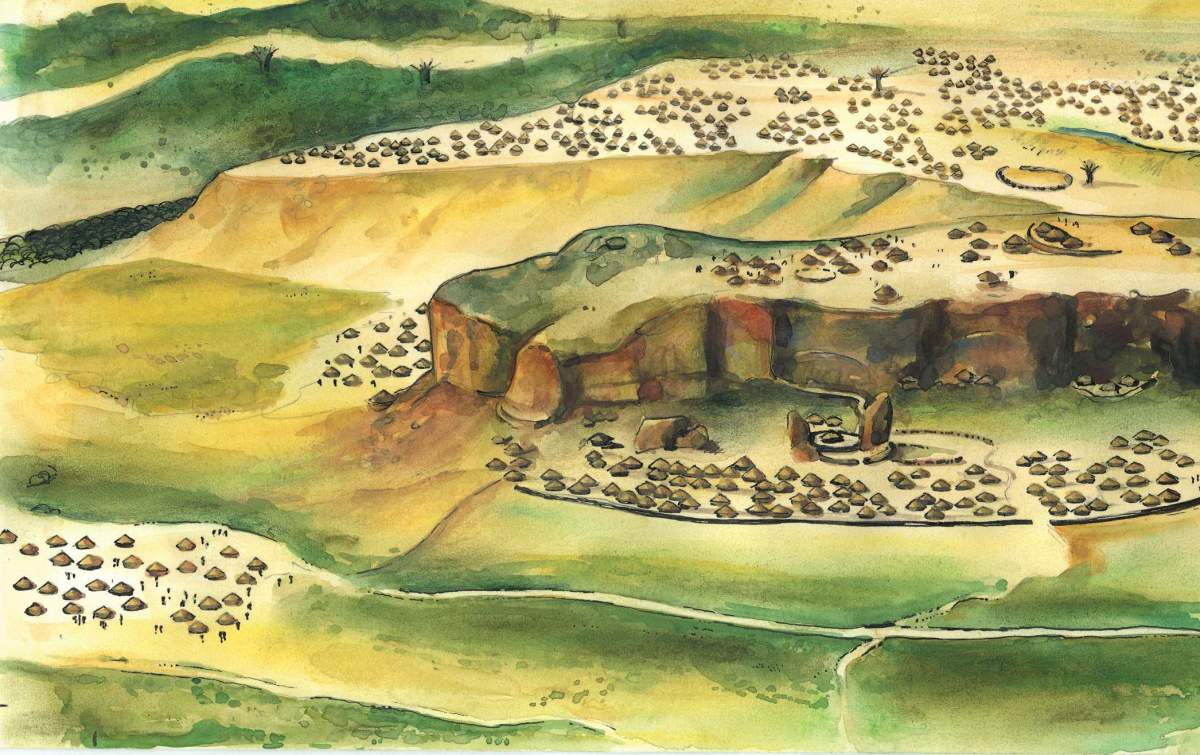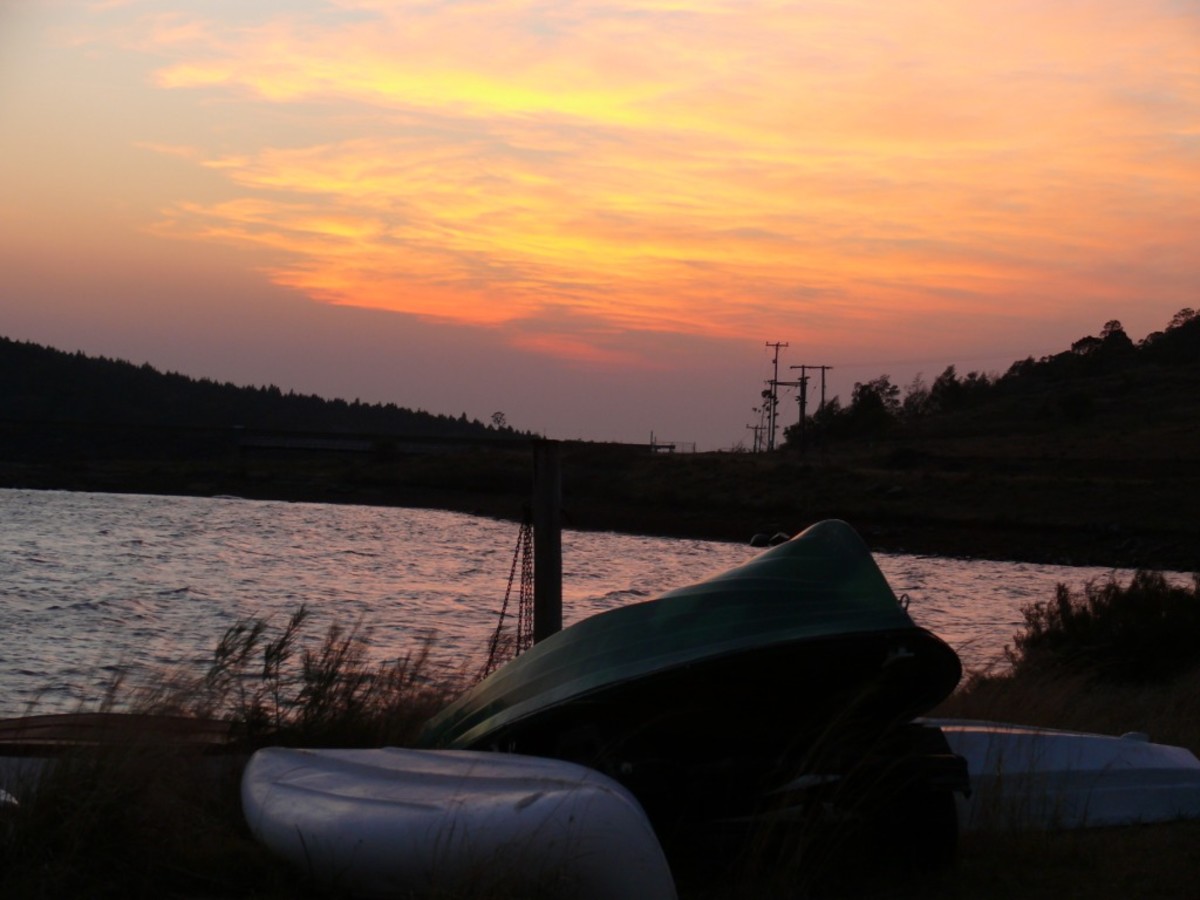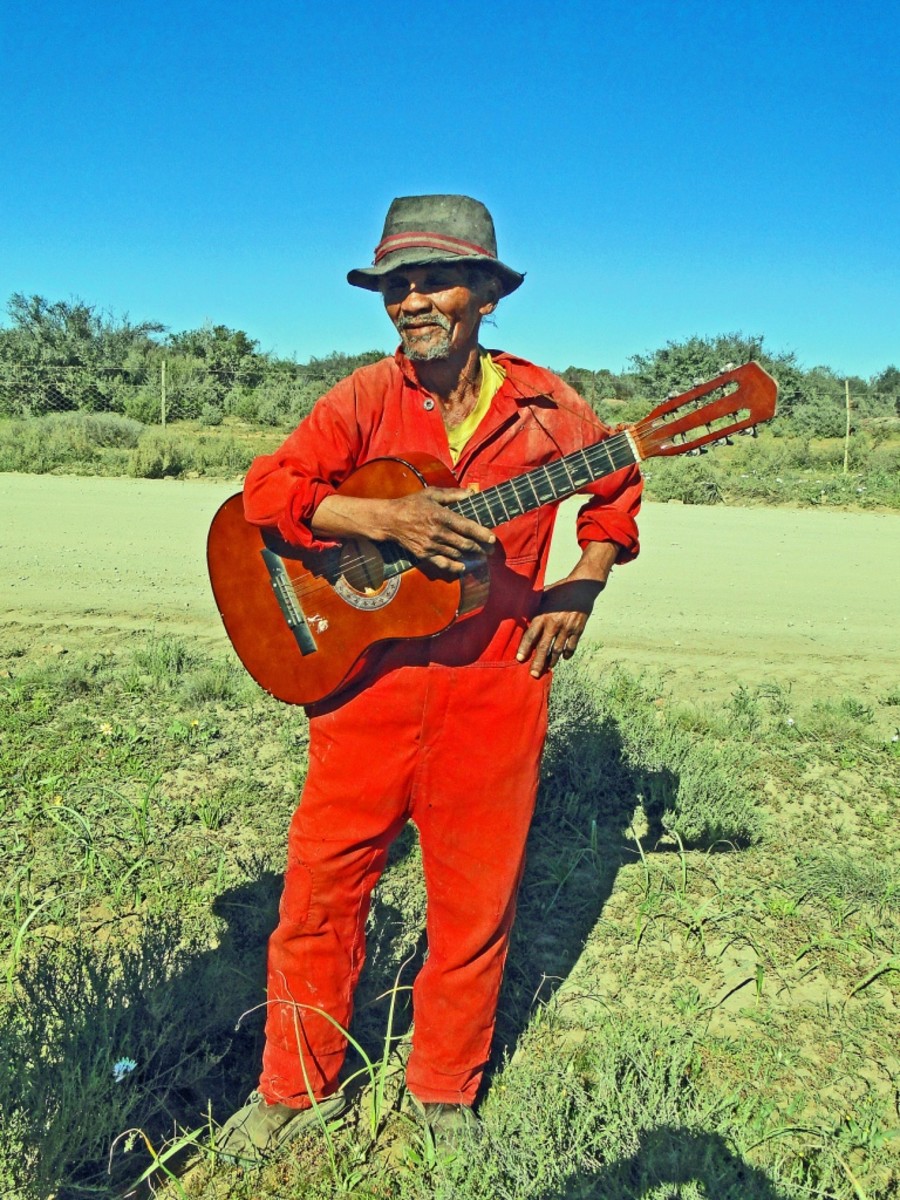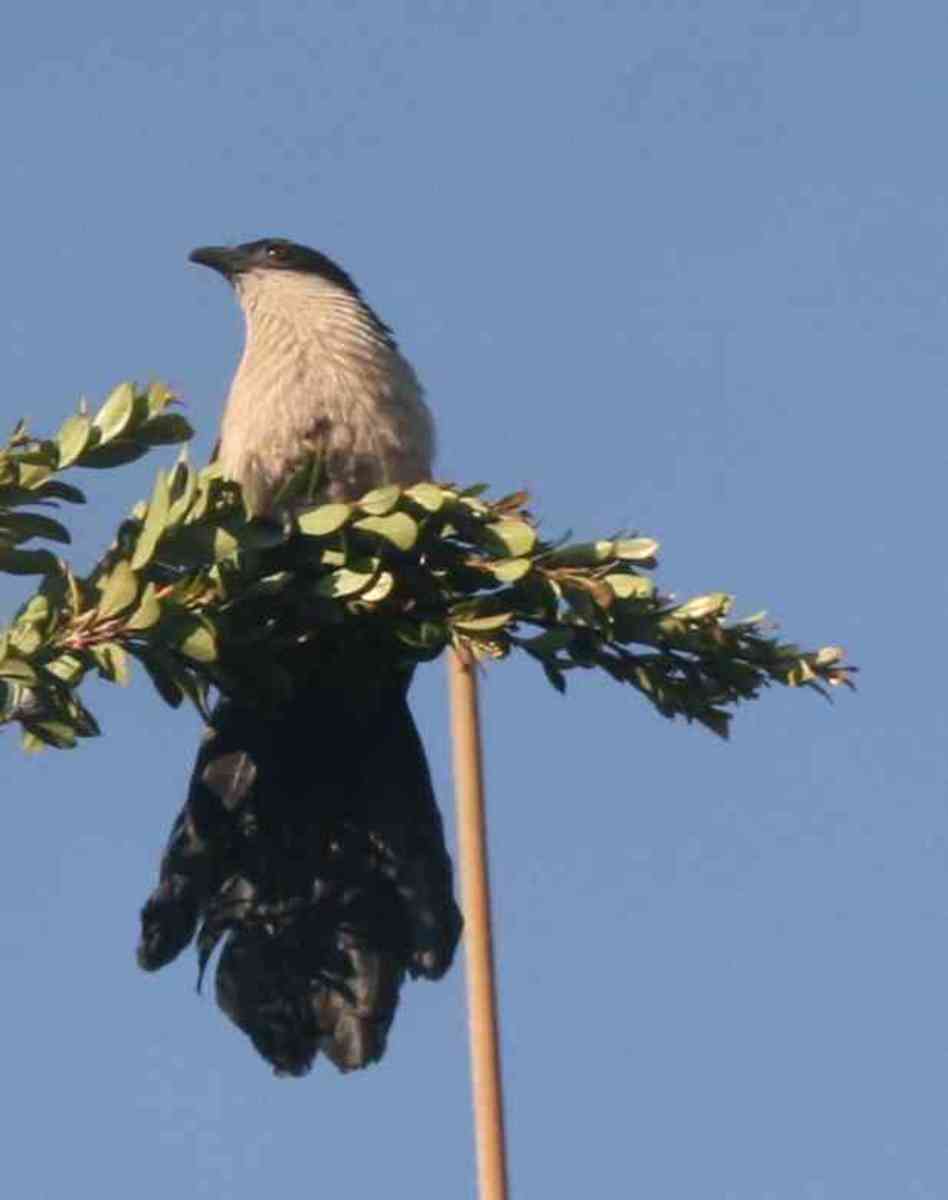- HubPages»
- Travel and Places»
- Visiting Africa»
- Travel to Southern Africa
Is It Safe to Vacation in South Africa?
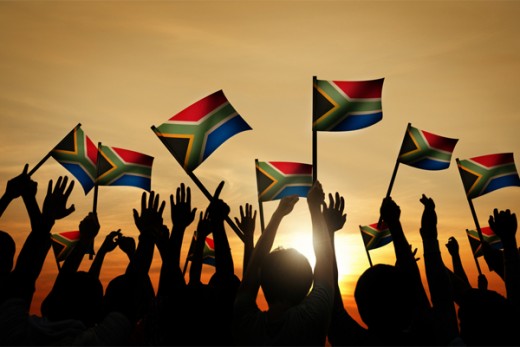
South Africa is a land of natural beauty and rapidly advancing industry with a rich cultural heritage. It is home to more than 50 million people with approximately 11 different (sometimes very different) languages spoken among the populace. Moreover, there are more than 10 different major religions practiced and at least 4 different major ethnic groups. On top of all this complexity, the nation is slowly emerging from the horrible political and economic legacy called "Apartheid".
Thankfully, the would-be visitor or vacationer doesn't need a complete knowledge of South African history to enjoy themselves. However, to avoid crime and the criminal element, its helps to know a thing or two. Therefore, the rest of this article will cover crime in South Africa and particularly how it effects vacationers and visitors. Ready. Set. Let's Go.
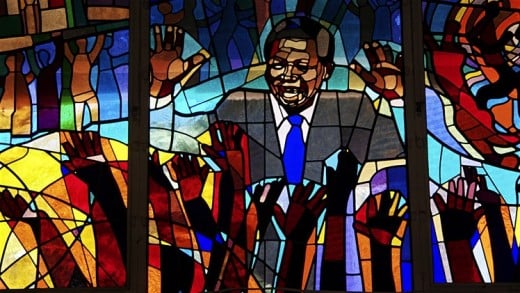
The Nature & Roots of Crime In South Africa:
The Roots of Crime In South Africa:
With more than 3.5 million tourists arriving annually, South Africa is known to be one of Africa's most fun and easily navigable tourist destinations. And tourists report encountering far fewer incidents of crime and criminal activity than the average South African. However, keep in mind that the political and economic scars of the past have had an overwhelming influence on the country's present crime situation.
Apartheid, a system of institutionalized racial segregation, helped to exacerbate education and wealth inequalities throughout the country. They legacy of that system has left today's South Africa with a 25.2% poverty rate. Additionally, the nation has a long history of corrupt politicians who have plundered the country's wealth for their own gain. Is it no wonder there are so many desperate young men and women who turn to a life of crime to achieve basic subsistence living.
The Nature of Criminal Encounters In South Africa:
By far, the biggest threat to tourist safety in South Africa is crime. You should keep this in mind while you are considering the question "is South Africa safe to vacation?". Murders, rapes, robberies, carjackings and assaults all occur with regularity. And while the great majority of incidents do not involve tourists, and they generally occur far away from tourist hot spots; it is always wise to keep your wits about you. The following sections detail each type of major crime and how to keep yourself safe while having fun. :-)
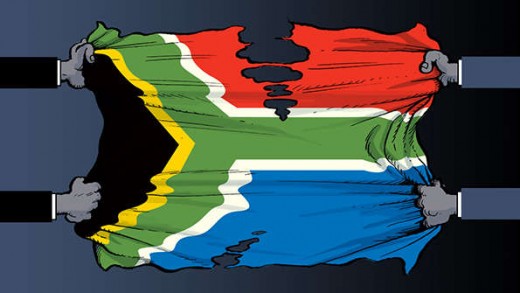
Is South Africa Safe In Regards To Robbery:
Robbery (and consequently fraud) is the biggest category of crime encountered by both natives and vacationers of South Africa. According to South African police reports, in the 2016 - 2017 year there were 95.7 common robberies per 100,000 people. Even more shocking, there were 241 aggravated robberies per 100,000 during the same time period (aggravated robberies involve the threat of violence). [ref 1.]
Of course the incidence of theft (aggravated or otherwise) is far lower for tourists, but common situations where tourists have been robbed or defrauded include:
- While at the ATM making transactions.
- At crowded restaurants and bars.
- At night in dark, isolated and poorer sections of the country.
Carjackings:
This particular kind of robbery rarely affects tourists. Mostly due to the fact that tourists hardly ever drive South African city streets by themselves. However, carjacking does occur with some frequency in isolated pockets through the country. In some cases, local governments have taken it upon themselves to provide signage indicating that an a particular area is a "heavy hijacking zone."
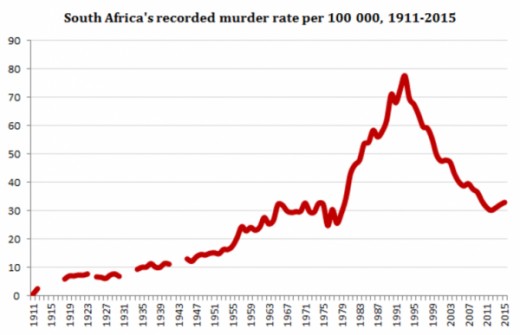
Is South Africa Safe In Regards To Murders:
In the most recent analysis of South Africa's murder rate (the 2016-2017 year), it was revealed that the nation's murder rate was 33 per 100,000 people. To put that in perspective, this is about 5x higher than the international homicide rate of 7.6 per 100,000 people.
However, when considering whether South Africa is safe for a tourist, keep in mind that the great majority of these kinds of crimes occur in townships. Townships are a holdover from apartheid. They refer to segregated portions of urban areas where non-whites either forced to coerced to reside. Even today, thirty years after the end of Apartheid, these areas remain the most violent parts of the country by far.
Is South Africa Safe In Regard To Rape & Sexual Assault:
You've probably read that South Africa has a terrible track record when it comes to sexual violence. And in many ways this is true. Up to one-fifth of South African men claim to have participated in some form of sexual violence. And although statistics of rape are notoriously hard to collate accurately, 2010 estimates indicate that South Africa had a rape and sexual assault rate of 97 per 100,000 and declining. To put this into context, the United States had a rate of 27 per 100,000 (and declining) during the same period.
Once again, it should be noted that tourists are almost never the victims of rape and/or sexual assault, nor are they actively targeted. However, precautions should be taken to avoid the places and situations where sexual assaults often occur.
Women & Conservatism:
Female tourists should keep in mind that outside of South Africa's bustling urban centers, South Africa can be very conservative in both dress and mannerism. Therefore, in the rural areas (and even in townships) it might be a good idea to avoid racy dress or avoid mannerisms that can be interpreted a being overly flirtatious.
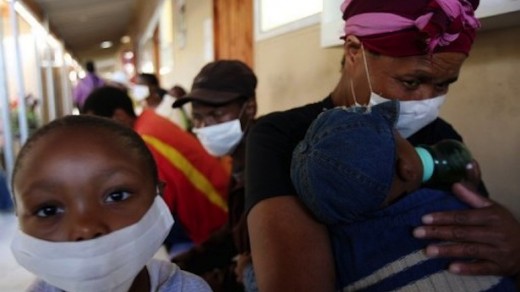
Is South South Africa Safe In Regard To Disease Control & Prevention:
According to the CDC's traveler recommendations, the average vacationer to South Africa should be up-to-date on all their common vaccinations before any trip to South Africa. These include vaccinations that defend against chickenpox, diphtheria-tetanus-pertussis, and measles-mumps-rubella (MMR).
Depending on where you intend to stay during your trip to South Africa, medical professionals or government authorities may request that obtain any one of the following vaccines before starting your trip:
- Hepatitis B Vaccine
- Malaria Vaccine
- Rabies Vaccine
- Hepatitis A Vaccine
- Typhoid Vaccine
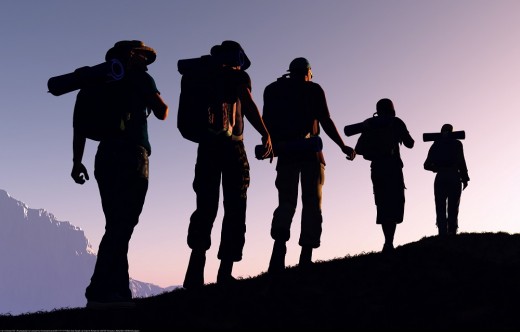
Travel Advice:
For your convenience we have collected some of the most useful travel advice that you should heed before you travel to South Africa. Most of the following pointers apply directly to tourists and vacations looking to stay safe in South African cities (and public life in general):
- Avoid public demonstrations and gatherings. They can become confrontational and occasionally dangerous for participants.
- When using taxis, use only official taxis and recognized taxi companies.
- Avoid flashing / showing large sums of money in public. Don't use ATMs after dark.
- If driving a car (rental or otherwise), check that it is locked before walking away from it.
- If you decide to hike in South Africa's wilderness, go in groups.
- Keep a close eye on personal belongings (especially in public areas).
- The Emergency call code (for mobile phones) in South Africa is 112. The number for the South African Police Service is 10111. If you believe you are being followed or harassed with an intent to harm, call these numbers to reach emergency services.
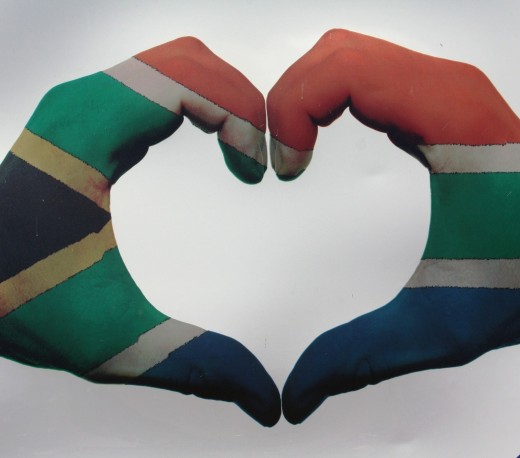
The Good News:
Aside from all the omens about robberies and the threat of violence; South Africa is overall a safe and enjoyable destination for vacationers. There are a million and one things to see and do, and the nation's hospitality is beyond compare.
Therefore to answer the question: "Is South Africa is safe for tourists or vacationers?" The answer is absolutely, just follow our advice from previous section and have fun. To cap off our article, I have included a few factoids below to show just how awesome South Africa is both culturally and historically.
- Nelson Mandela is actually known by 6 different names in South Africa
- South Africa is the only nation in history to build a nuclear arsenal (6 bombs) and then voluntarily dismantle them completely.
- In 2006, South Africa was the first African nation (and the fifth nation in the world) to recognize same sex marriage.

